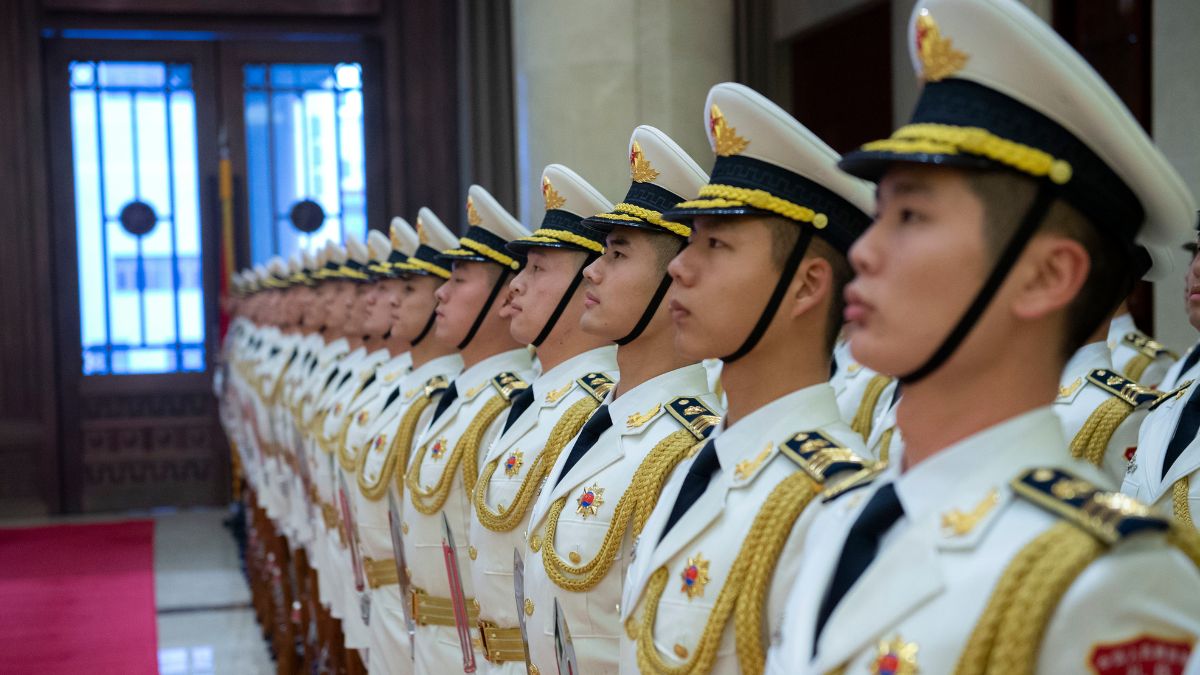Truth & Goodness
Brain in a Dish Experiment Reveals How Thoughts Are Born
27 January 2026

Hybrid conflicts are already history. Beijing is developing a new weapon—cognitive warfare—warns John Ringquist, a U.S. Army intelligence officer. This system uses artificial intelligence to launch systematic attacks on emotions, trust, and the fundamental ability to distinguish truth from manipulation, often leveraging cognitive warfare influencers across social media.
Cognitive warfare is far more advanced than mere propaganda. It involves systematic attacks on the ability to discern truth from falsehood, undermining public trust in institutions, and ultimately destabilizing the very structure of democratic societies. China has fused the internet, massive databases, social media, and AI into a single, powerful influence machine operating both inside and outside the country’s borders.
How does this work in practice? China has spent years amassing gigantic databases on citizens worldwide—ranging from fingerprints stolen from the U.S. Office of Personnel Management, to medical records from insurance companies, and financial data from banks. AI is used to correlate this information, generating highly detailed psychological profiles. The result is the ability to conduct influence operations at a granular, individual level.
John Ringquist details the Chinese concept of “The Three Warfares.” This methodology is designed to target “public opinion, psychological, and legal domains to deter and demoralize potential adversaries.” The three key fronts of cognitive conflict are:
Ringquist states: “By attacking the will of the populace and its resilience to targeted messaging, future wars will be decided by the armed forces best able to control the adversary’s cognitive capabilities.” This is the express purpose of the “Three Warfares” doctrine. Although it has been on the agenda of the People’s Liberation Army (PLA) since at least 1963, it has gained recent momentum through the incorporation of modern technology. For example, in February 2025, it was revealed that a Chinese group was using an advanced AI model like ChatGPT to harvest sensitive content from social media platforms at the government’s request.
The PLA is actively developing a program of operations focused on acquiring and aggregating personal data. With the support of AI, this data is used to create highly personalized content tailored to an individual’s psychological profile. This technique is simply impossible for traditional, broad-based propaganda.
Beijing has weaponized social media. Chinese influencers are penetrating global follower networks, building a state image without the overt trace of official propaganda. This method allows Beijing’s narratives to seep into the mainstream public discourse before anyone can detect their origin.
Critical thinking is no longer a luxury—it’s a defensive weapon. Meanwhile, algorithms dictate what we see in our search results and news feeds. In the age of AI, the ability to “hack” human minds allows for the control of individual decisions. The most crucial question today is: can we successfully defend ourselves against cognitive warfare influencers before someone entirely rewrites our reality?
Worth reading: AI Will Become a Dangerous Weapon in War, Targeting the Enemy’s Emotions
Read this article in Polish: Wojna hybrydowa to już przeszłość. Chiny toczą wojnę kognitywną